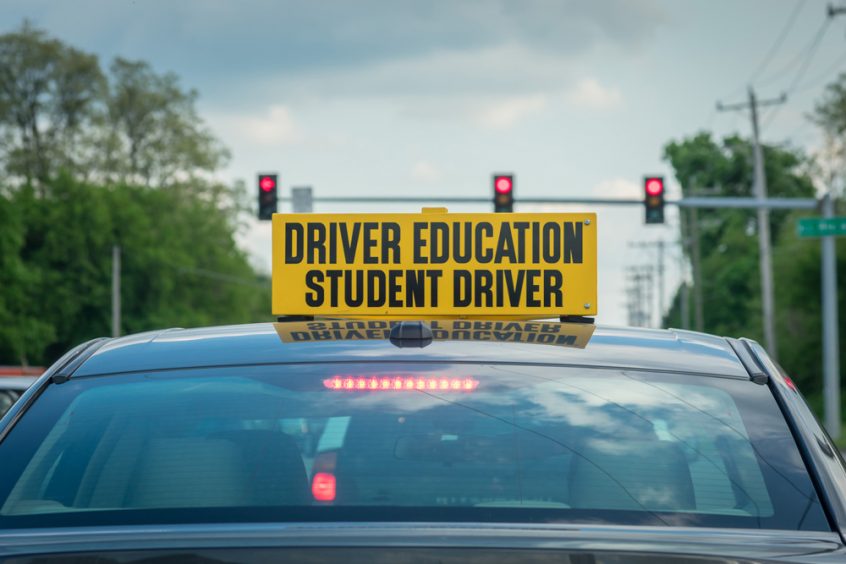Driver’s Education, also commonly known as Driver’s Ed, is a program designed to provide young drivers with the knowledge and skills necessary to safely operate a motor vehicle. However, with the advancement of technology and the availability of alternative resources, some individuals question whether Driver’s Ed is still a worthwhile investment.
The most important and main goal of Driver’s Ed is to promote road safety and also teaching young drivers proper driving etiquette and techniques. Through the proper instruction, students learn about traffic laws, defensive driving tactics, and potential hazards on the road. This knowledge is valuable to young drivers when developing responsible and cautious driving habits, which will reduce the likelihood of accidents and injuries on the roads.
Studies have shown that students who complete and pass Driver’s Ed courses have a lower accident rate than those who didn’t. Driver’s Ed will also provide students with practice driving experience under the watchful eye of trained instructors. This hands-on training allows students to get used to the mechanics of handling and operating a motor vehicle. This includes steering, braking, and maneuvering their way in different traffic conditions and situations. This allows students to gain exposure to different driving scenarios, such as parallel parking and highway driving, which helps them build confidence behind the wheel when driving.
For many states, completing a Driver’s Ed course is a requirement to obtain a driver’s license. The subjects during the course often cover the specific topics and regulations that will be tested during the licensing exam. When students take Driver’s Ed, they are then better prepared for the written and practical exams, which increase their chances of passing and obtaining their licenses.
When students complete a Driver’s Ed program, it can also lead to insurance discounts for new drivers. Insurance companies will recognize that individuals who have received formal driver training are generally less likely to be involved in accidents. In addition, they offer reduced premiums to encourage young drivers to take Driver’s Ed courses, thereby encouraging them to practice safer driving from the start.
Driver’s Ed not only teaches technical skills but it also helps shape young adults with responsible attitudes towards driving. Students will learn the potential consequences of reckless behaviors, such as speeding or driving under the influence of alcohol or drugs. Driver’s Ed emphasizes the importance of responsible decision-making and accountability, and also helps students learn a culture of safety and awareness on the road when driving.
While the availability of online resources and self-study materials may tempt some individuals to not take formal Driver’s Ed programs, the benefits and effectiveness of such courses should not be overlooked. Driver’s Ed also plays a vital role in promoting road safety, practical driving skills, and preparing students for licensing exams. In addition, the potential insurance discounts and the development of responsible attitudes make it a worthwhile investment. Ultimately, Driver’s Ed provides a solid foundation for new drivers, giving them the knowledge and necessary skills to navigate the roads confidently and responsibly in a motor vehicle.






















































